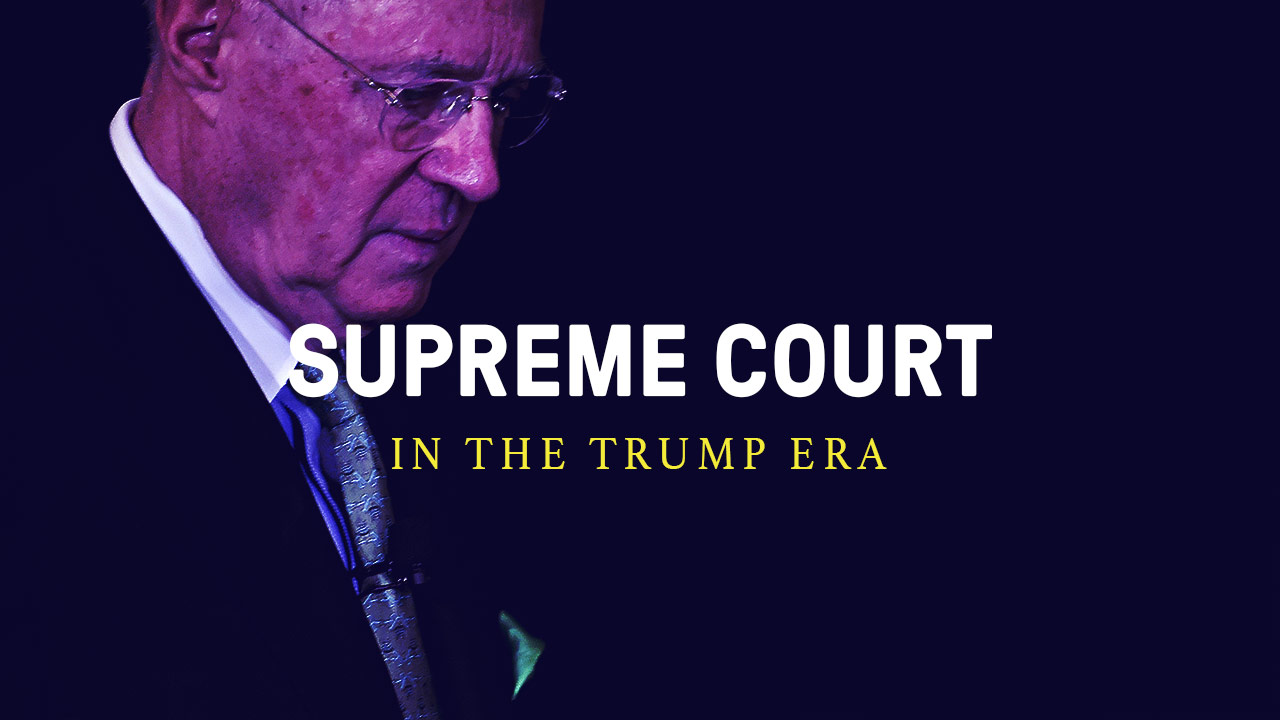The Supreme Court handed down a fairly routine scheduling order on Tuesday that, at least on the surface, looks like like dozens of brief and uninteresting orders handed down by the Court every year. This order, however, contains a big hint about what may be the most important case of the current Supreme Court term.
It suggests that partisan gerrymandering is about to be declared unconstitutional.
The case in question, Rucho v. Common Cause, centers on congressional maps in North Carolina. Last January, a panel of three federal judges struck down North Carolina’s maps as an unconstitutional partisan gerrymander. Republican leaders in North Carolina requested a stay of this decision from the Supreme Court a few days later, which the Court granted.
Shortly after the Court granted this stay, the plaintiffs in the case filed a motion asking the Supreme Court to place Rucho on its argument calendar and “establish an expedited schedule for merits briefing and oral argument.” Had the Court granted this motion, it would have potentially allowed the justices to decide Rucho quickly enough that, if the Court ultimately decided that North Carolina’s maps are unconstitutional, new maps could be drawn in time for this November’s election.
Unfortunately for opponents of gerrymandering, the order handed down by the Supreme Court on Tuesday denied this request to expedite the case. As a practical matter, this means that the case is likely to be heard next term — too late to prevent North Carolina’s gerrymandered maps from being used in the 2018 midterms.
What’s especially interesting about Tuesday’s order, however, is that Justices Ruth Bader Ginsburg and Sonia Sotomayor both dissented. They would have granted the request to hold an expedited hearing in Rucho.
There’s no way to be certain why exactly Ginsburg and Sotomayor disagreed with their colleagues — but the most likely explanation is that, despite this temporary setback in Rucho, the Court is about to hand down very good news to opponents of partisan gerrymandering.
Last October, the Court heard oral arguments in Gill v. Whitford, a challenge to Wisconsin’s gerrymandered state assembly maps. At that argument, a majority of the Court appeared ready to declare — for the first time — that a partisan gerrymander violates the Constitution. Four months later, it is likely that drafts of the majority opinion and the dissent in Whitford have already circulated among the justices. Absent a last-minute change of heart by a justice in the majority, Ginsburg and Sotomayor know how this case will turn out.
If Ginsburg and Sotomayor know that the Court is about to uphold the Wisconsin gerrymander, it is very unlikely they would want to place another partisan gerrymandering case on the Court’s docket. Ginsburg and Sotomayor are probably the most liberal members of the Supreme Court. If Whitford is going to end in a loss for them, they would not want to compound that loss by taking up another, similar case.
But if Ginsburg and Sotomayor know that the Wisconsin gerrymander is going down — and that the Court is about to usher in a legal revolution that will sweep away many unconstitutional gerrymanders — then they most likely will want that revolution to move swiftly. The most likely reason why they would want the North Carolina case to be heard on an expedited basis is because they know that they won Whitford, and they want to win Rucho fast enough for it to matter in 2018.

